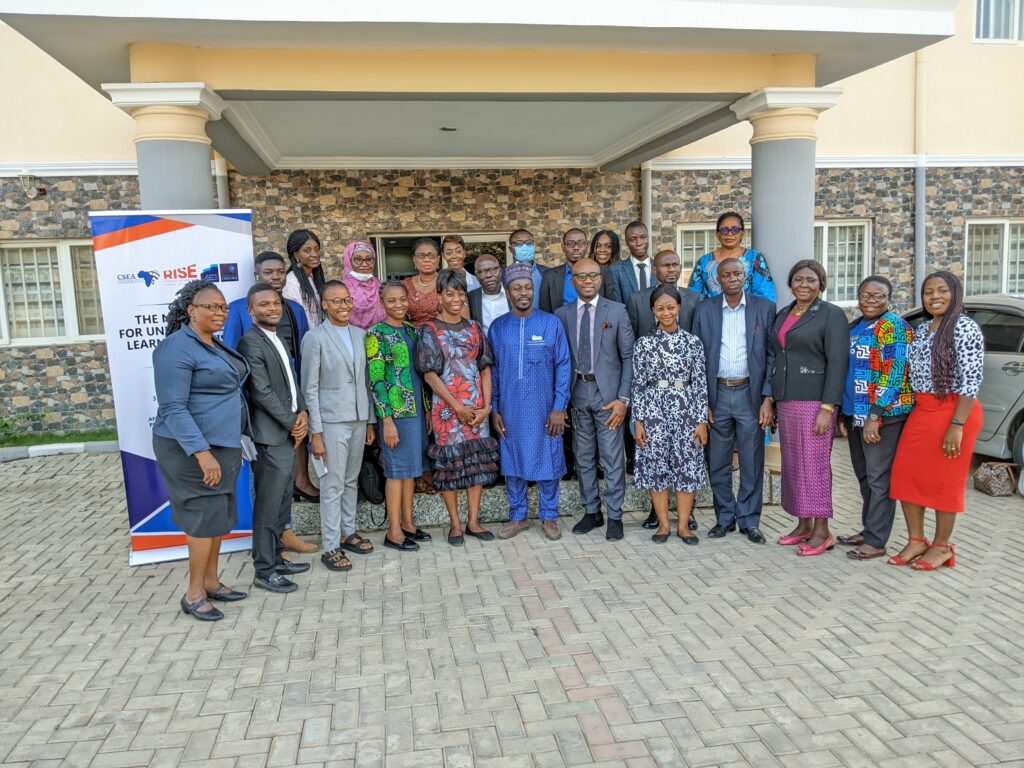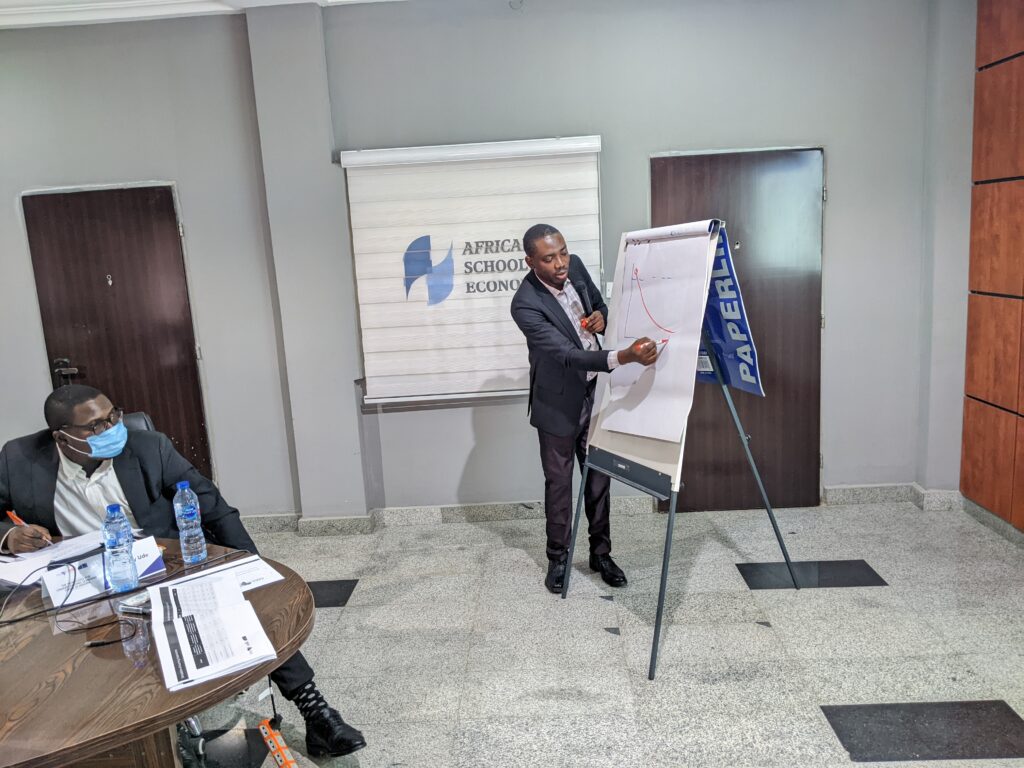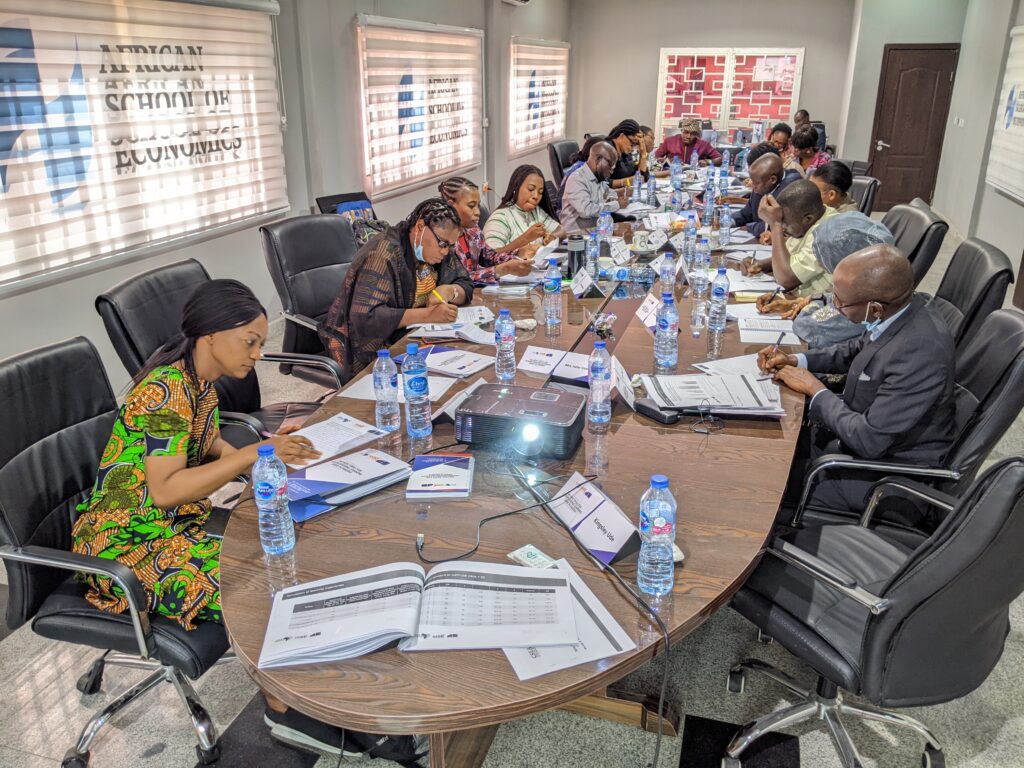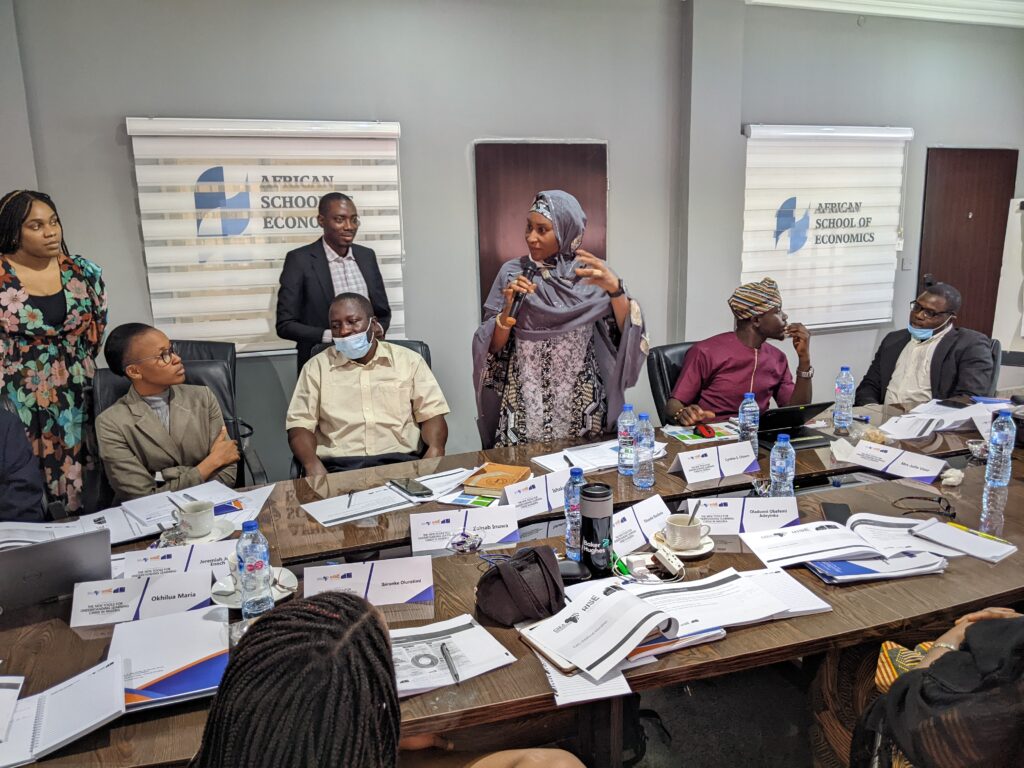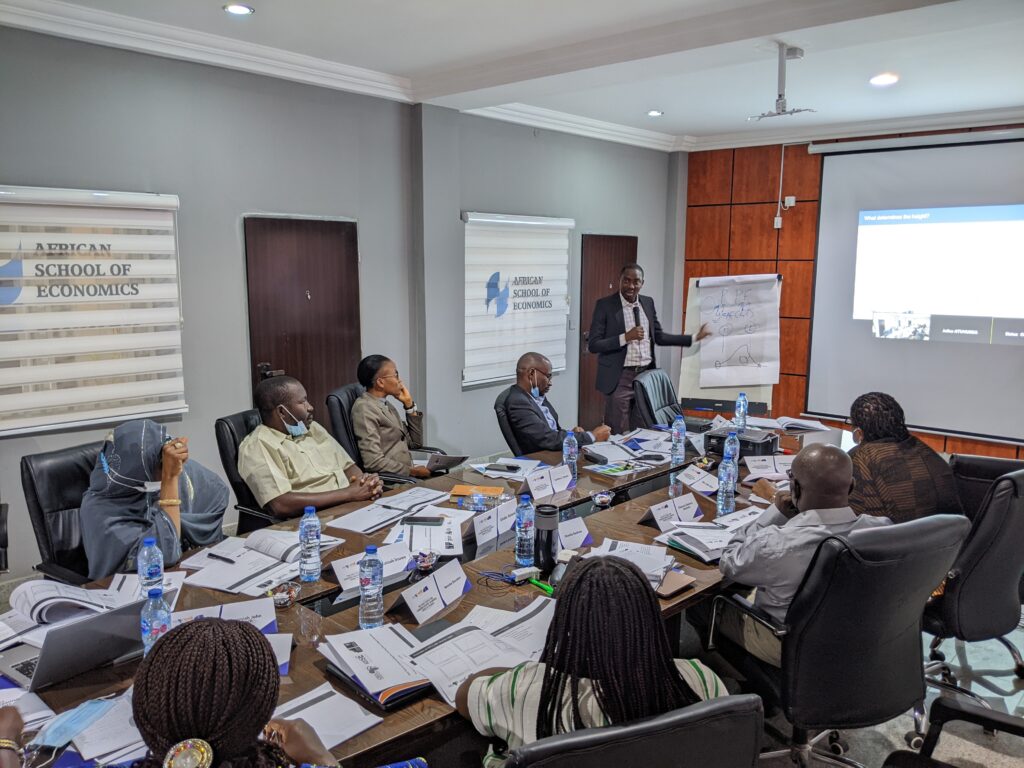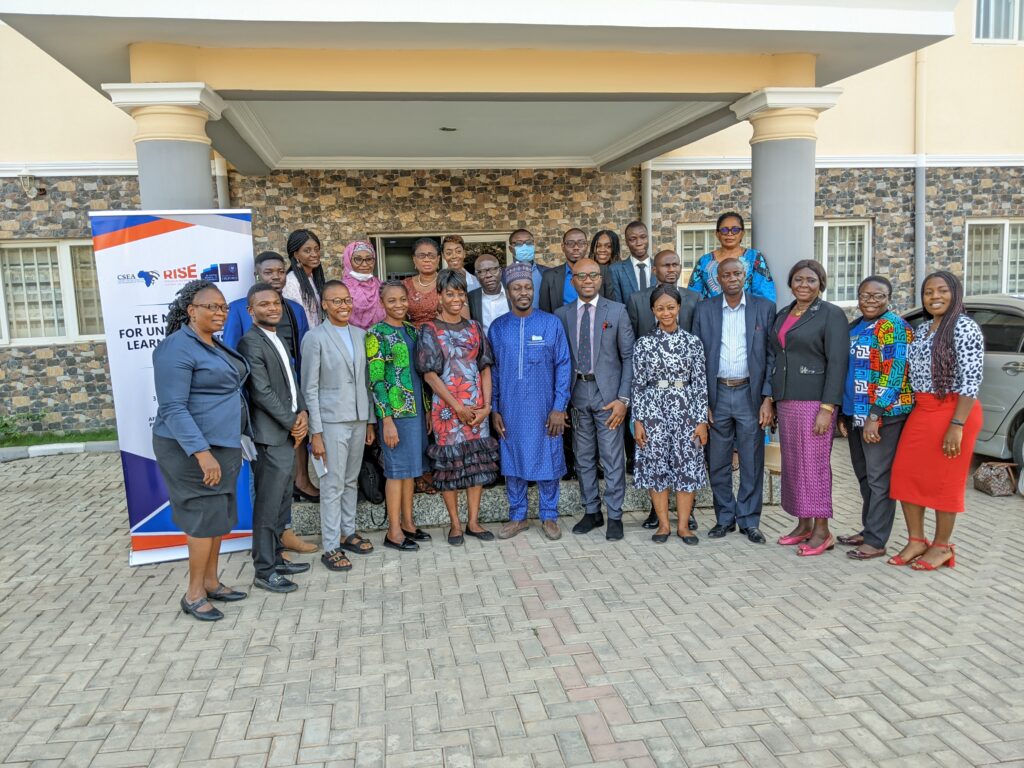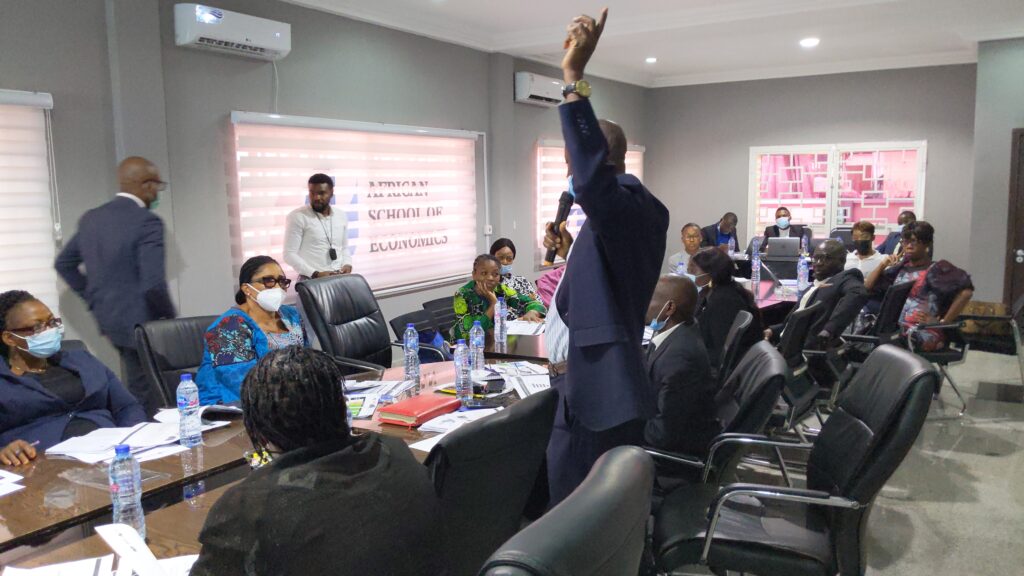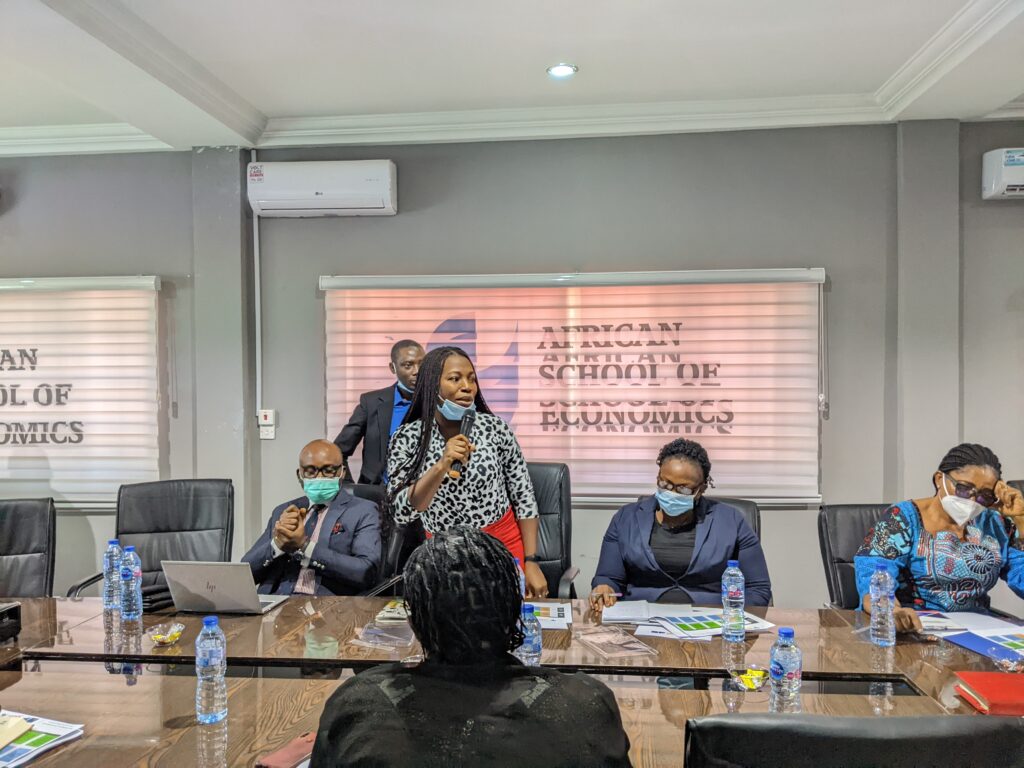Podcast: Covid, conflict and oil – a Nigerian economic story
While the Government’s response had proved effective at containing the Ebola virus just a handful of years earlier, Dr. Adeniran describes how it soon became clear that this new shock brought new challenges – as well as aggravating emerging ones.
2019 saw some of the fastest growth to the Nigerian economy since the recession of 2014/15, with growth consistently at an annualised 2% every quarter that year, sparking a sense that the country was on a path to recovery.
This optimism proved short-lived, however, when the pandemic and resulting global recession struck, exposing Nigeria’s already highly constrained fiscal space and a lack of response possibilities.
In this illuminating episode, Dr. Adeniran, describes how the limited options left to the government have acted to emphasise a trend that was already emerging within the country: the rise of a ‘new urban poor’.
Despite the promising economic growth witnessed just before the pandemic, government finances weren’t keeping up and, with a growing population, GDP per capita continued to fall, with those in the informal urban sector hit the hardest. Covid simply acted to build on this, tipping those not already classed as poor into poverty.
In this episode we find out what this all means for Nigeria’s recovery prospects, and how this is likely to play out against the backdrop of another global crisis: the Russia-Ukraine conflict.
In a country where oil still contributes more than 50% of revenue, despite accounting for less than 10% to GDP, how will the conflict’s effect on fuel prices affect the Nigerian economy? Is there scope for the Government to harness rising international demand to help redress fiscal imbalances and set the country on course for Covid recovery?


 English
English
 Arab
Arab
 Deutsch
Deutsch
 Português
Português
 China
China

